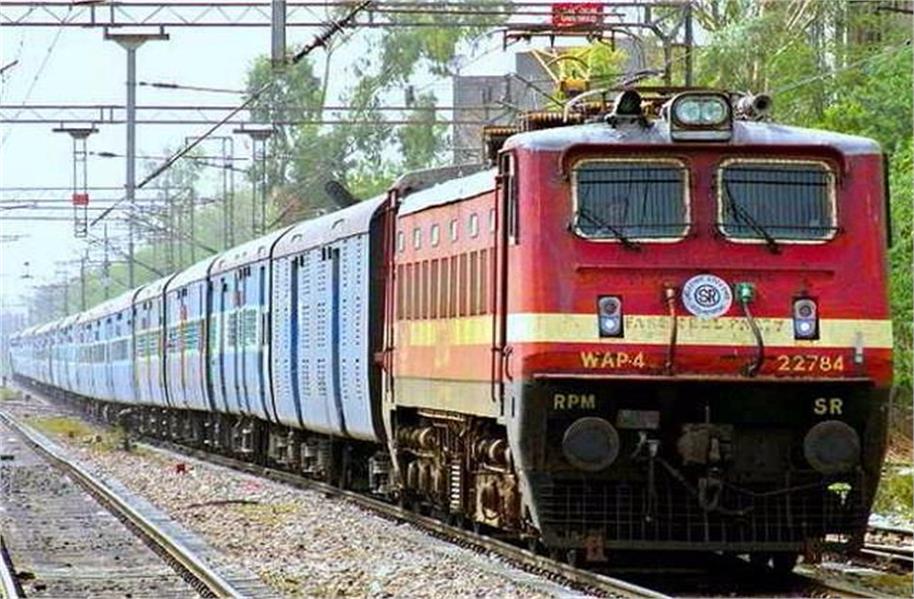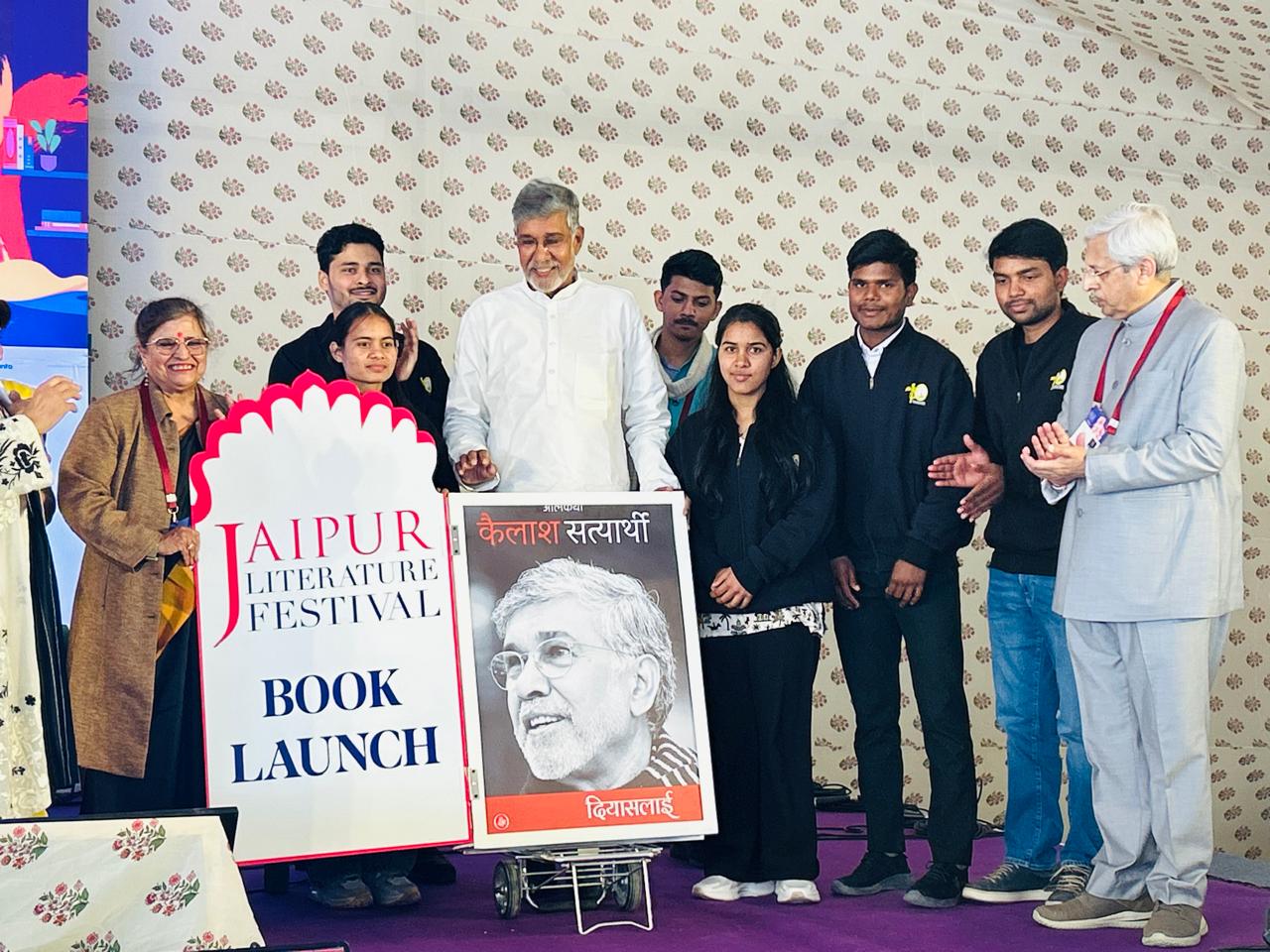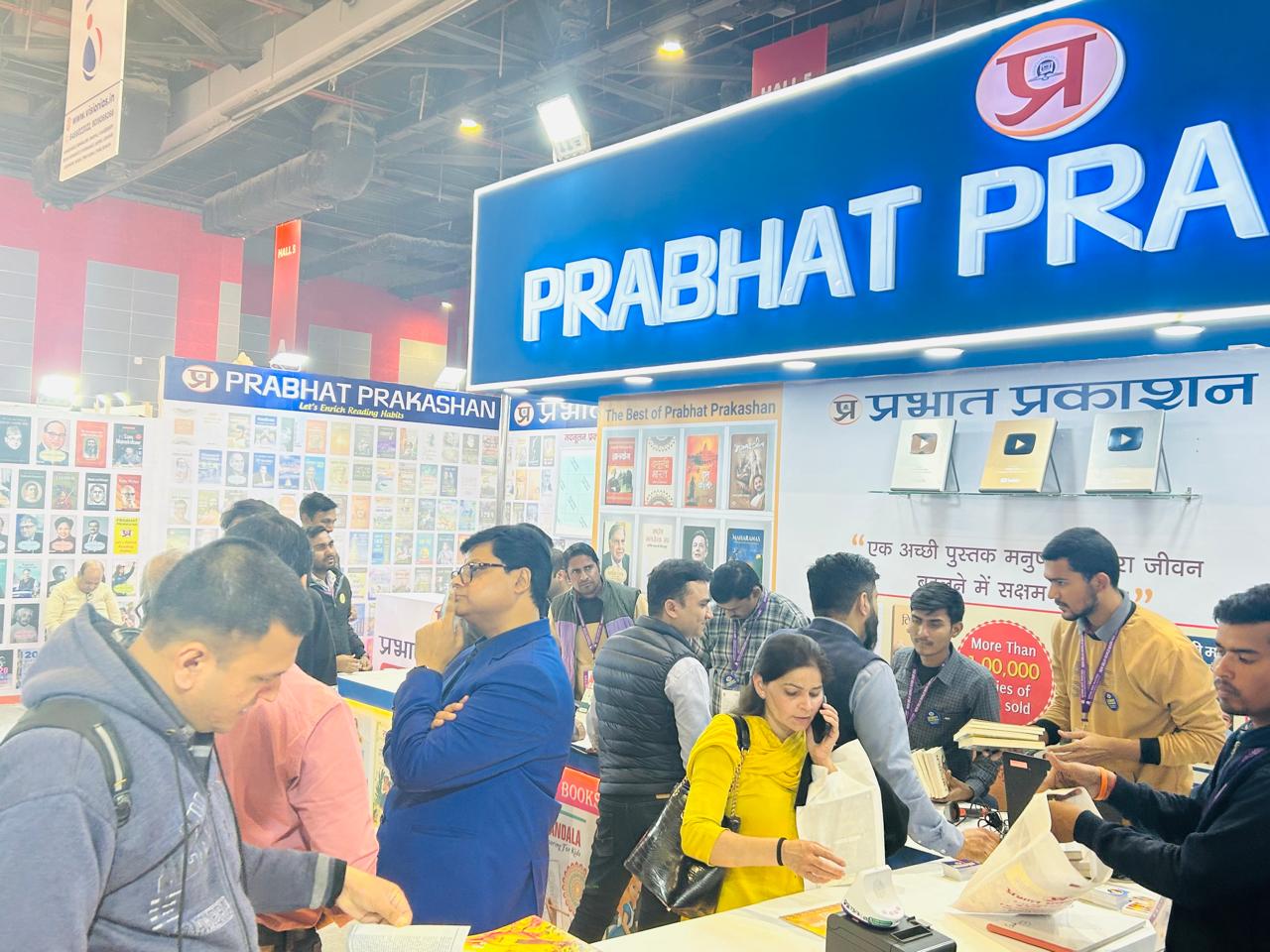Supreme Court Questions U.P. and Uttarakhand Over Name Display Mandate for Food Vendors Along Kanwar Yatra Route

New Delhi, In a significant development raising concerns over potential religious profiling and communal discrimination, the Supreme Court on Tuesday issued notices to the governments of Uttar Pradesh and Uttarakhand, seeking their response to a plea challenging a contentious directive issued for the ongoing Kanwar Yatra. The directive mandates that all food vendors and eateries along the Yatra route prominently display QR code stickers along with banners revealing the names of their owners.
The apex court, led by a Bench headed by Justice M.M. Sundresh, took note of the urgent plea filed by a group of petitioners including noted academic Apoorvanand, the Association for Protection of Civil Rights (APCR), Trinamool Congress (TMC) MP Mahua Moitra, and others. The petitioners argued that the States’ directive was not only excessive but also amounted to covert communal profiling, potentially inciting tensions and undermining the constitutional promise of equality and secularism.
Though both the Uttar Pradesh and Uttarakhand governments sought a two-week period to file their responses, the petitioners strongly objected, pressing the court for a hearing as early as next week. Citing the time-sensitive nature of the issue—given that the Kanwar Yatra is already underway—the Bench agreed and scheduled the matter for hearing on July 22.
Allegations of Discrimination and Profiling
The crux of the petitioners’ argument lies in their assertion that the mandatory display of owner names and scannable QR codes outside food establishments effectively serves to disclose the religious identity of vendors, which in the context of the religious Yatra could lead to targeted boycotts or worse, violence.
“The new directives are not merely administrative in nature,” the petitioners said in their submission. “They function as tools of subtle discrimination, directing or suggesting to pilgrims which establishments to trust and which to avoid, based solely on the identity—often inferred through names—of the food stall owners.”
It was further emphasized that existing food safety laws and municipal regulations already require eateries to be licensed, with relevant documents displayed within the premises. The additional requirement for external, publicly visible owner identification, the petitioners argued, was an unnecessary and unlawful expansion of regulatory control, and one that infringes upon individual privacy and the right to conduct business.
The plea drew attention to last year’s events during the 2024 Kanwar Yatra, when the Supreme Court had similarly stayed a related order. At that time, the Court had rejected Uttar Pradesh’s justification that its move was aligned with a Central law, reiterating that constitutional protections must apply uniformly and without exception, particularly in matters involving potential communal sensitivities.
Fear of Communal Backlash
One of the most alarming aspects of the petition was the expressed concern over communal violence. The petitioners argued that such a directive, especially in the charged atmosphere of a large religious pilgrimage, could make minority-owned establishments vulnerable to harassment, social boycott, or even mob violence.
“The overt display of ownership details during a religious procession that often sees high emotional fervour creates a dangerous situation,” the plea warned. “It creates a system of selective targeting, raising the risk of mob justice and undermining the fundamental rights to dignity, privacy, and equal protection under the law.”
According to reports and prior incidents, such directives have in the past led to layoffs and employee terminations, especially of staff belonging to minority communities, in order to avoid confrontation or backlash from certain segments of the Yatra participants. This, the petitioners claimed, constitutes a direct assault on the right to livelihood—a right protected under Article 21 of the Constitution.
Constitutional Values at Stake
Framing the issue as one deeply rooted in the constitutional ethos of the Indian Republic, the petitioners argued that the mandate runs counter to multiple provisions of the Constitution, including the Preamble, which commits to secularism and fraternity among all citizens.
“By enforcing such targeted visibility of religious identities under the garb of transparency or legal compliance,” they contended, “the State is effectively abandoning its constitutional obligation to act as a neutral arbiter in matters of faith, and instead is enabling majoritarian signals.”
Legal experts observing the case have echoed these concerns, pointing out that the matter is not merely about administrative governance, but about the extent to which the State can or should regulate expression and identity in public commercial spaces.
Awaiting Clarity on State Stand
As of now, neither the Uttar Pradesh nor the Uttarakhand government has issued a public clarification on the rationale behind the specific inclusion of QR codes and owner names on food stalls. While officials have cited health, safety, and traceability concerns in earlier statements, critics argue that those objectives can be met through existing licensing and inspection mechanisms.
With the matter now slated for detailed hearing on July 22, all eyes will be on how the apex court weighs the balance between regulatory oversight and constitutional freedoms. The decision could have far-reaching implications—not only for food vendors along religious routes—but for broader issues related to freedom of trade, religious neutrality of the State, and privacy rights in India’s evolving legal landscape.










